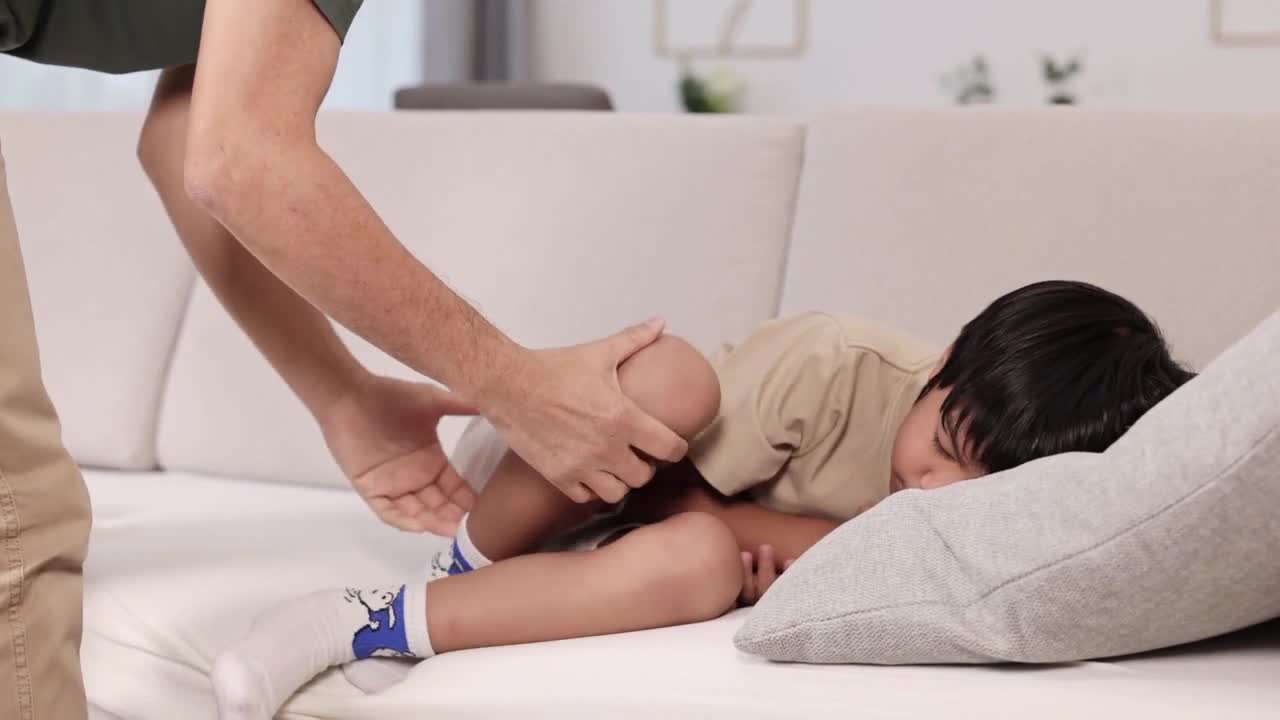LATHRUP VILLAGE, Mich. (WXYZ) — It's a dilemma countless parents face every morning: Is their child well enough to go to school or daycare? Or sick enough to stay home?
Watch Keenan's report in the video player below
"Is it stressful when your child gets sick?" I asked Clara, the mother of a preschooler.
"Yes, it's stressful to know if you're going to send them to school and then finding coverage for when I have to go to work and if he has to stay home," she replied.

Some cases are pretty clear, but other cases are anything but.
"So, like, when the runny nose is green, or when the fever is over 102, she has to stay home," Chanel, the mother of a preschooler, said.

"But they still like didn't have a fever, or they didn't have like a really bad cough or anything, but like I knew they weren't feeling good," Erin said.

Dr. Scott Moore — pediatrician and Michigan Medical Director of Zarminali Pediatrics in Ann Arbor — said a fever is the clearest sign a child should stay home.
"If you take your child's temperature, it's 100 point something or higher, that is typically an indication that there is some sort of infectious process going on," Dr. Moore said.
He said kids should be fever-free for at least 24 hours without fever reducers like ibuprofen or acetaminophen before they go back to school or daycare. With colds and flu, he said a runny nose or mild cough without fever usually isn't enough to keep kids home, but if symptoms are just starting, it may be worth waiting a day to see where it goes.
Strep is another common childhood illness, and going around right now, and Moore said it's pretty contagious. Symptoms include sore throat, fever, swollen and red tonsils, often with white or yellow spots. Your child would typically get a prescription for antibiotics.
"Typically, after you've been on that medication for a day, and again, assuming your child is feeling better," Moore said. "(You) can send your child back after being on those antibiotics for 24 hours."

Gastroenteritis, or the stomach flu, is usually viral and can be tricky, with or without fever.
"You can have a pretty rip-roaring case of gastroenteritis without a fever. So it is really dependent on those. GI symptoms and really waiting for 24 hours after those symptoms seem to have resolved," Dr. Moore said.
Pink eye is a catch-all term for anything that inflames the small blood vessels in the whites of the eye, making them more visible.
"You want to see that the drainage is clearly, clearly improved. It doesn't necessarily need to be back to perfect, but it needs to be significantly improved," said Dr. Moore.
Most daycare and grade schools offer guidelines for when kids should stay home, so make sure to take a look at those if you're confused.
"Especially in the wintertime, if you kept your kid home for every runny nose they had, they would never be in daycare," Erin said.
And in the end, Moore said sometimes the best guide isn't a thermometer, but a parent's intuition. Of course, good old-fashioned handwashing still goes a long way in keeping kids healthy.




